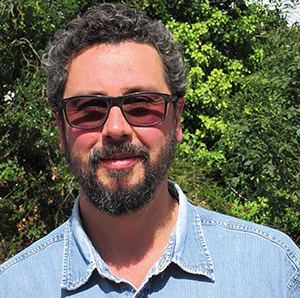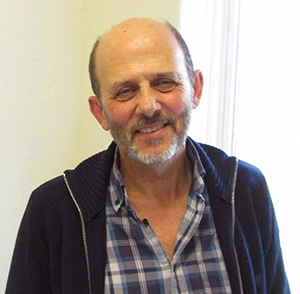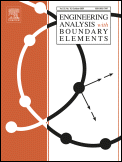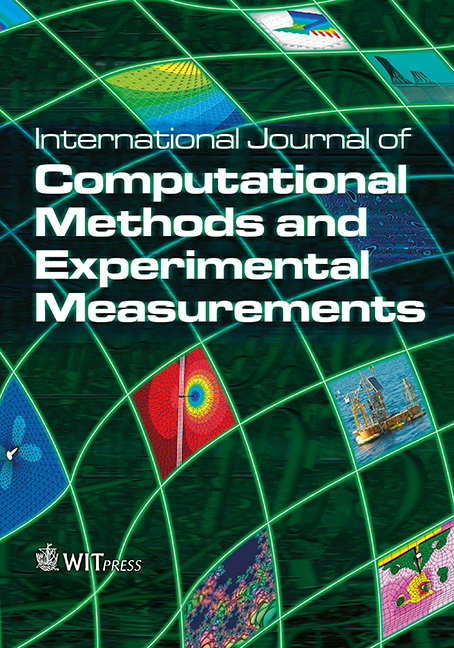“The time at Wessex was a welcome, needed break from the rapid pace at my home institution..."
Andrea Mammoli, University of
New Mexico at Albuquerque, USA
 |
“The time at Wessex was a welcome, needed break from the rapid pace at my home institution, the University of New Mexico. Being away from the departmental and school administrative duties and related politics allowed me to focus on my current research projects, and to reflect on how best to carry them forward within a long-term research plan.
“After a decade of experience designing, implementing and operating renewable energy systems, I feel that I can contribute to the field in an important way that is seldom addressed in the technical literature, namely the nexus between reliability and complexity. For a successful technology, reliability is paramount. A system that is prone to failure or that needs excessive maintenance to prevent failure is not a practical one, and will not succeed in an energy-hungry, resource constrained world. Having worked in a variety of fields of renewable energy I have seen many things go wrong. I have also learned why things go wrong, and how this can be prevented by proper design and proper maintenance. In the time at Wessex, I have had the opportunity to reflect on these matters. With the feedback provided by Prof Carlos Brebbia, I have also developed a synopsis of my book, and a table of contents.
“Residential consumption constitutes about 40% of the total electricity consumption in the developed world. One of the difficulties that utility companies face increasingly is their role in ensuring the delivery of power to customers in the face of a diminishing ratio of average power delivery to peak power delivery. The reduction in this ratio is caused in large part by the increasing amount of customer generation, via rooftop PV. This model is unsustainable, and will lead to the loss of reliability and resilience in power delivery. Storage has the capability to reverse this trend, but it is still too expensive, especially in the form of batteries, to appeal to the majority of residential customers. Since much of the peak electricity demand in many parts of the world is driven by cooling, ice storage is a potential solution, if it can be made cheaply enough. While at Wessex, I developed a numerical model of an ice storage system. This thermal storage device differs from competing ones in its use of extremely inexpensive materials, coupled with ease of construction. The next steps to further this study will be the experimental demonstration of the numerical model results, and the optimization of the system parameters to achieve the highest performance/cost ratio. The work resulting from these further studies will be submitted to Wessex conferences and publications.
“The University of New Mexico is working with the Electric Power Research Institute to study the benefits provided by utility-scale battery storage devices to power distribution systems. These benefits include better power quality, higher resilience and potentially lower costs. While at Wessex, I used a distributed energy systems optimization framework developed by Lawrence Berkeley National Laboratory in California to optimize the combined deployment of utility-scale PV systems and battery storage systems. Specifically, the power distribution system on an island was studied by considering known load profiles and existing power generation and distribution infrastructure. We selected a number of sites on the island where PV and battery systems could be added, and optimized the deployment based on total annual energy cost.
It was found that optimal cost benefit was provided by the installation of large PV systems, with no storage. We also studied the optimal system deployment when a specified amount of battery storage was forced on the system. It was found that installing battery storage allowed an even higher penetration of PV, and that the associated costs were only a small percentage higher than with the PV-only optimal option.
“Knowledge of the power demand from residential energy systems of all kinds is needed to understand the ability to shape overall residential energy consumption in parallel with the changing nature of energy production, increasingly influenced by non-dispatchable resources like solar and wind renewable generation, intermittent in nature, but also nuclear, which is constant in nature. While at Wessex, I have spent considerable time in formulating a framework to model the use of individual appliances, and how the use of these appliances could be shaped by incentives or other information provided to the customer. I am building a code that allows the input of statistics from the characterization of appliance use, in terms of probability density functions of number of events, start time and duration. This code will then aggregate the power consumption from all appliances, allowing the study of the result of demand-response signals, real-time pricing schemes, or other forms of load shaping. The characterization of appliance uses will be done from existing literature, as well as from surveys conducted by my collaborators at Fraunhofer Center for Sustainable Energy Systems in Boston and from the University of Tennessee in Knoxville, and will form part of a large project funded by the National Science Foundation.
Francisco Padilla, University of
A Coruña, Spain
 |




